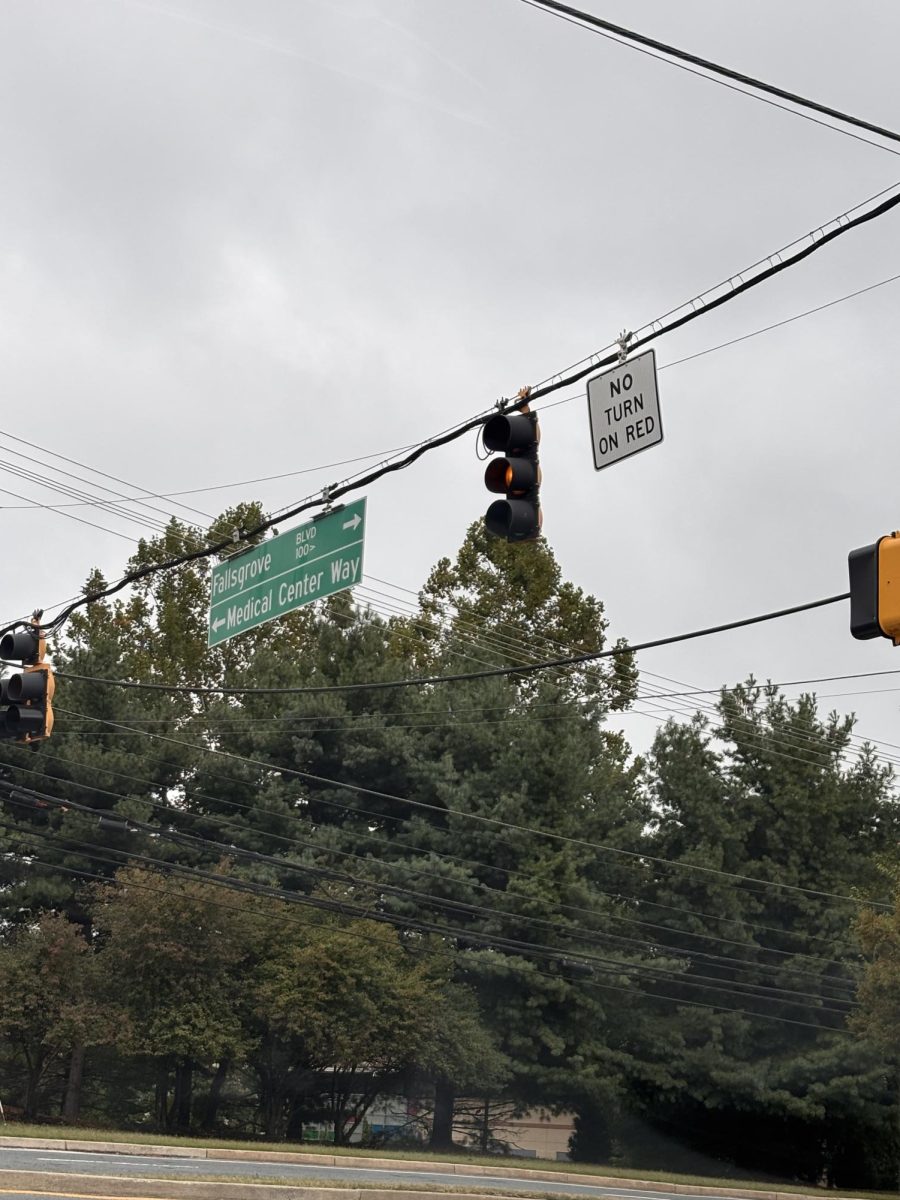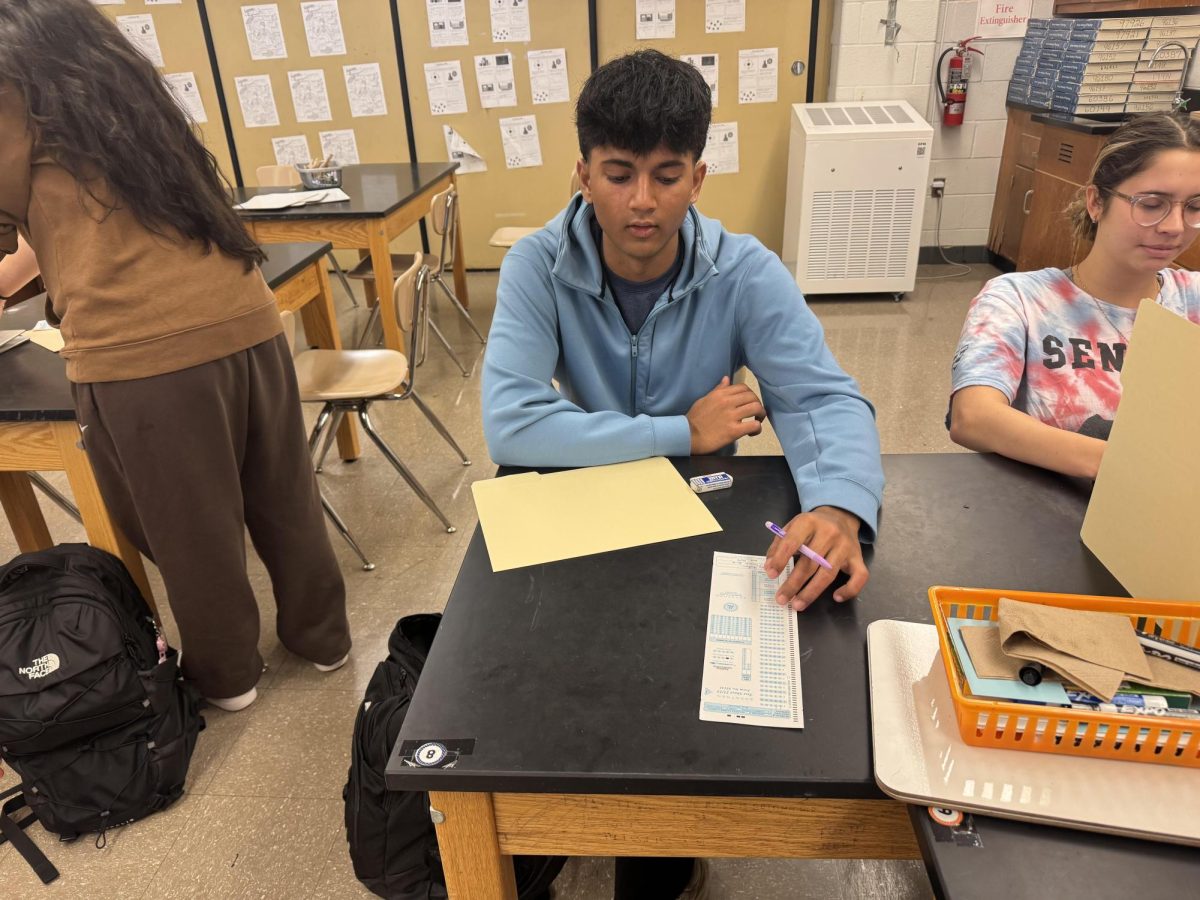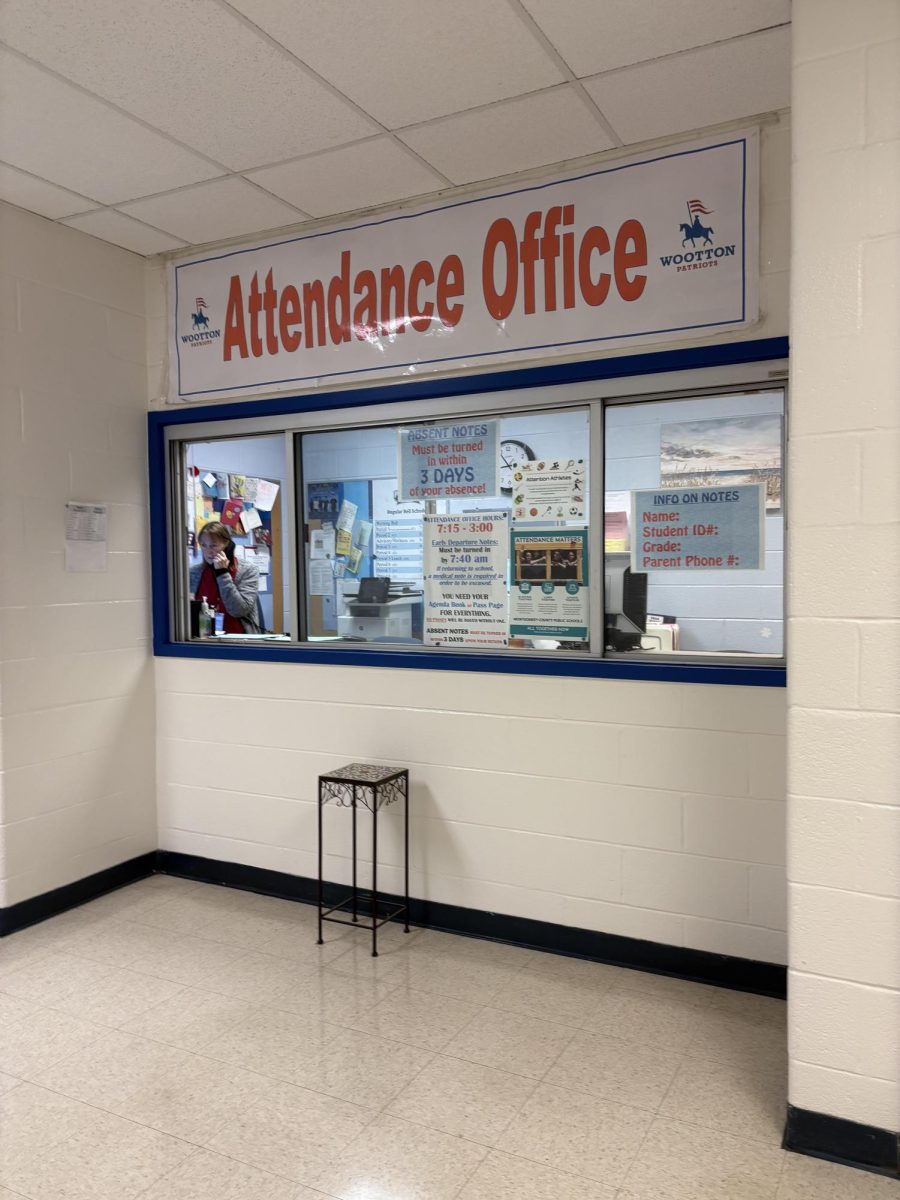A little over three months have passed since President Donald Trump was sworn into office leaving people concerned after some of the questionable decisions he has made so far.
From the travel ban, which prevented six country’s (Iran, Syria, Sudan, Somalia, Yemen, and Libya) citizens from being able to enter the U.S. to the $100 billion arms deal with Saudi Arabia helping the country enhance its defense capabilities, Trump has made 78 executive actions, signed 28 bills, and vetoed none. These actions have forced people to question him but even more so now after saying he plans to cut the public education funds by almost 14 percent.
On May 23, Trump’s 2018 fiscal budget proposal was released, showing big cuts to public education. In Trump’s proposal, his plan is to reduce the fund by $9.2 billion, an action that would be made possible by cutting spending on K-12 and aid given to higher education students according to NPR.org.
This budget would conclude all the financial support given to students by the Federal Government through loans, increasing the cost of college and the debt of students. Trump plans to give higher education students only one option of repaying loans versus the multiple plans they are offered now by making monthly payments the only option.
This will make it hard on the 71 percent of college students who are unable to pay for college upfront and take out loans according to Studentloanhero.com and rising college students such as junior Ethan Heiberger “It doesn’t make sense to me,” Heiberger said. “If so many people take out loans across the country why only make one plan for it.”
The other main effect on education from the cuts is reduced funding to Title I education programs. Title I is the biggest K-12 federal education program According to the U.S. department of Education that supports high poverty schools across the nation but through Trumps budget plans the programs funding would be reduced. The reduction of funds to Title I means giving more funds to a new grant program that helps poorer families get to better neighborhoods and better schools. This would allow students to exercise the “Backpack of Cash” idea, which is basically getting some money to move out of the poorer neighborhoods to move from the poorer schools to a better more funded school while keeping the extra money given to them.
This means the funds from poorer, less populated schools would than be given to the richer schools who have more students, leaving many schools stuck in a hole they can’t get out of. Just because this school is in a good area doesn’t mean the people in it feel the school should be prioritized. “All of the schools should have equal funding and education,“ sophomore Gelila Yiman said. “Just because of where you live shouldn’t mean you get a better or worse education.”
In Trump’s new proposed budget he plans to cut funding in all categories except three. These three agencies are veteran affairs, homeland security and national defense which combine for an increase of $59.3 billion or 23 percent according to!
Teachers such as English teacher Catherine Boswell feel the plan should not take away funding to such an important part of life. “Education should always be a priority,” Boswell said. “It should always be adequately funded.”
Danny Rothenberg
News Editor








